This year marks the 80th anniversary of Operation Overlord, commonly known as “D-Day.” Of course, every military operation had a “D-day,” which simply means the date that the operation is scheduled to begin.
Although Overlord was not the largest military operation in history, nor did it result in Nazi Germany’s immediate surrender, it remains particularly significant because it put the forces of the Western Allies (the United States, Great Britain, and Canada) onto the mainland of Europe. Many D-days preceded—and followed—June 6, 1944, and each one of them was another nail in the coffin of Hitler’s evil Third Reich.
But it was the D-Day of June 6, 1944, that truly sealed Germany’s fate. It was literally the beginning of the end.
Viewing D-Day in the rear-view mirror of history, some have proclaimed that victory along the 60-mile-long stretch of the northern French coast was a foregone conclusion, but it was anything but.
True, years of planning and the building up of millions of men and millions of tons of supplies were essential to success. This overwhelming tide of men and material performed superbly on June 6 and over the next 11 months, but there were also many lesser known heroes and incidents that were crucial to victory.
For example, there were Percy Hobart’s innovative inventions such as tanks that could swim, explode enemy minefields, and fill in tank traps. There was the incredible, brain-busting work at Bletchley Park that led to the breaking of the German codes and enabled the Americans and British to do everything but read the minds of Germany’s leaders.
There was the absolutely brilliant deception plan known as Fortitude that had Hitler and many of his generals convinced long after Overlord was over that Normandy was just a large-scale diversion, and that the real invasion would come at the Pas de Calais and George Patton would lead it.
There were wonderful acts of good fortune, such as a storm in the English Channel that nearly fouled up all of the Allies’ plans but, in the end, lulled the Germans into a false sense of security.
There were also plans that seemed to go haywire, such as the scattered, chaotic airborne and glider landings that caused the Germans to believe that the invasion was even more widespread than it actually was and to have little idea how, or where, to respond.
There were also such failures as the sending of the 2nd U.S. Ranger Battalion to scale the cliffs of Pointe du Hoc only to discover that the guns they risked (and gave) their lives to knock out were not there.
And there were the poorly executed naval and aerial bombardments of Omaha Beach that completely overshot their marks and left the Germans’ prepared defenses unscathed.
In the end, though, it was the courage of the individual Allied soldier that made the difference. As Ike wrote, “The enthusiasm, toughness, and obvious fitness of every single man were high, and the light of battle was in their eyes.”
And because of the courage of those men, the Atlantic Wall defenses on which the Germans had spent so much time, energy, and money were defeated in the span of a morning. May we never forget.
— Flint Whitlock, Editor
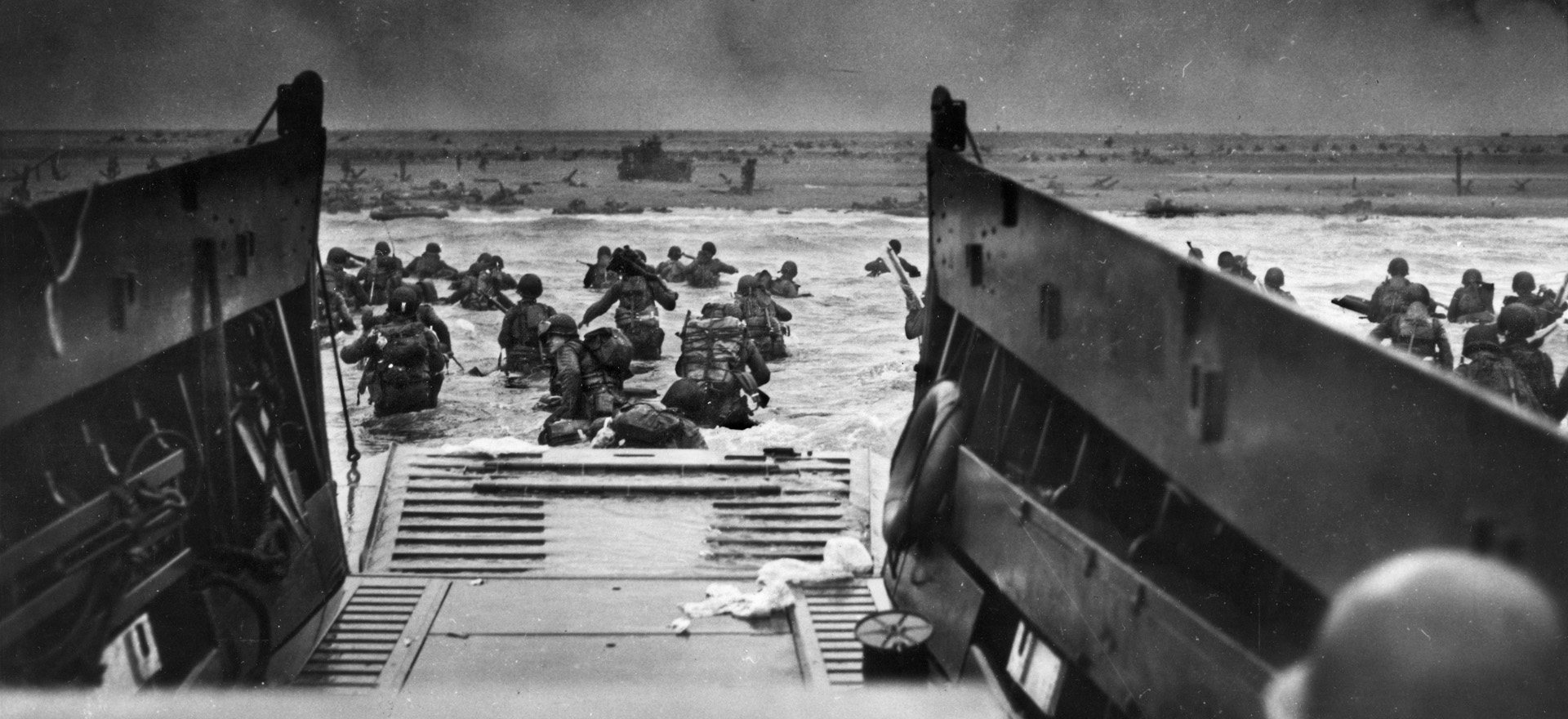
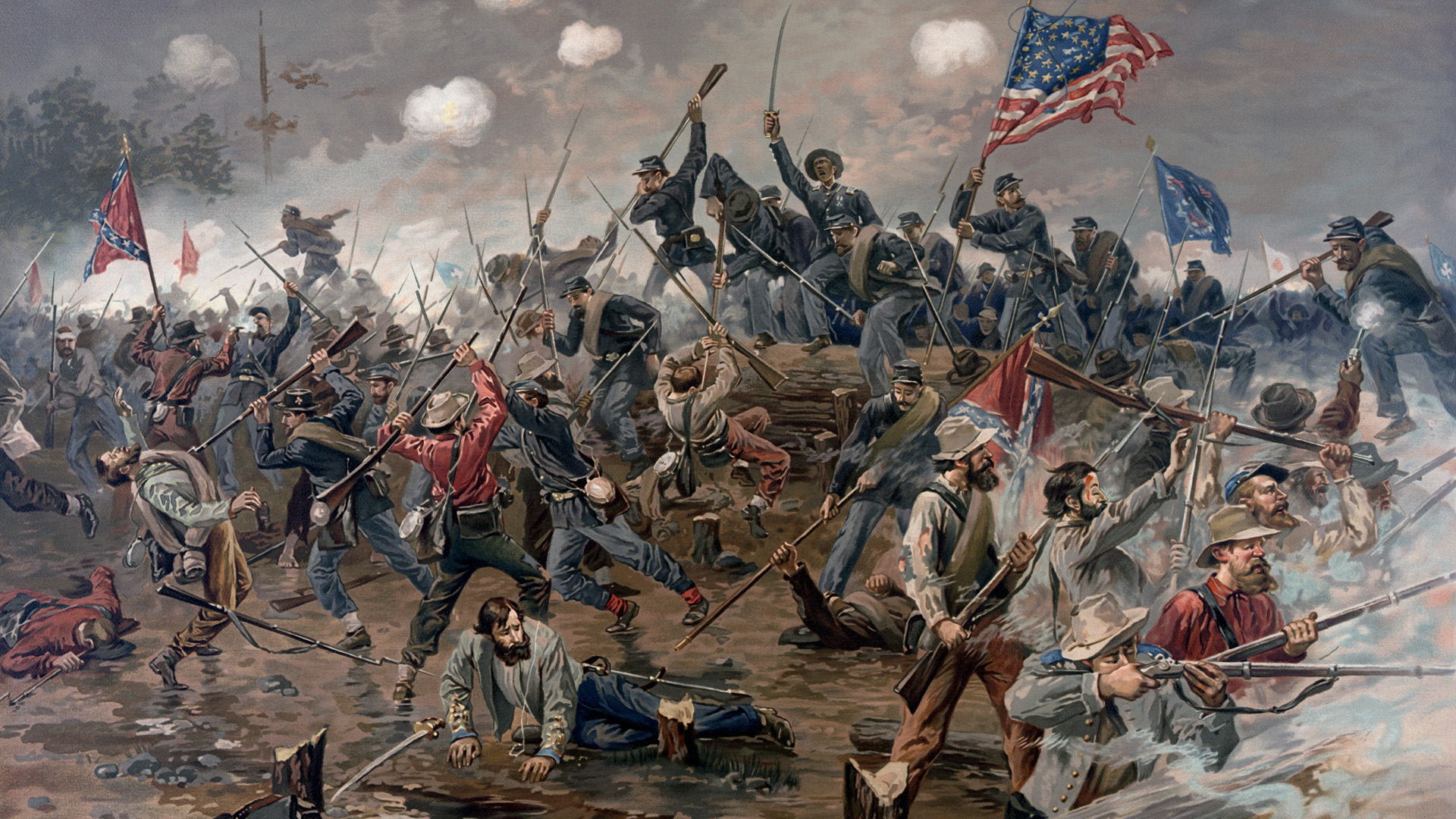
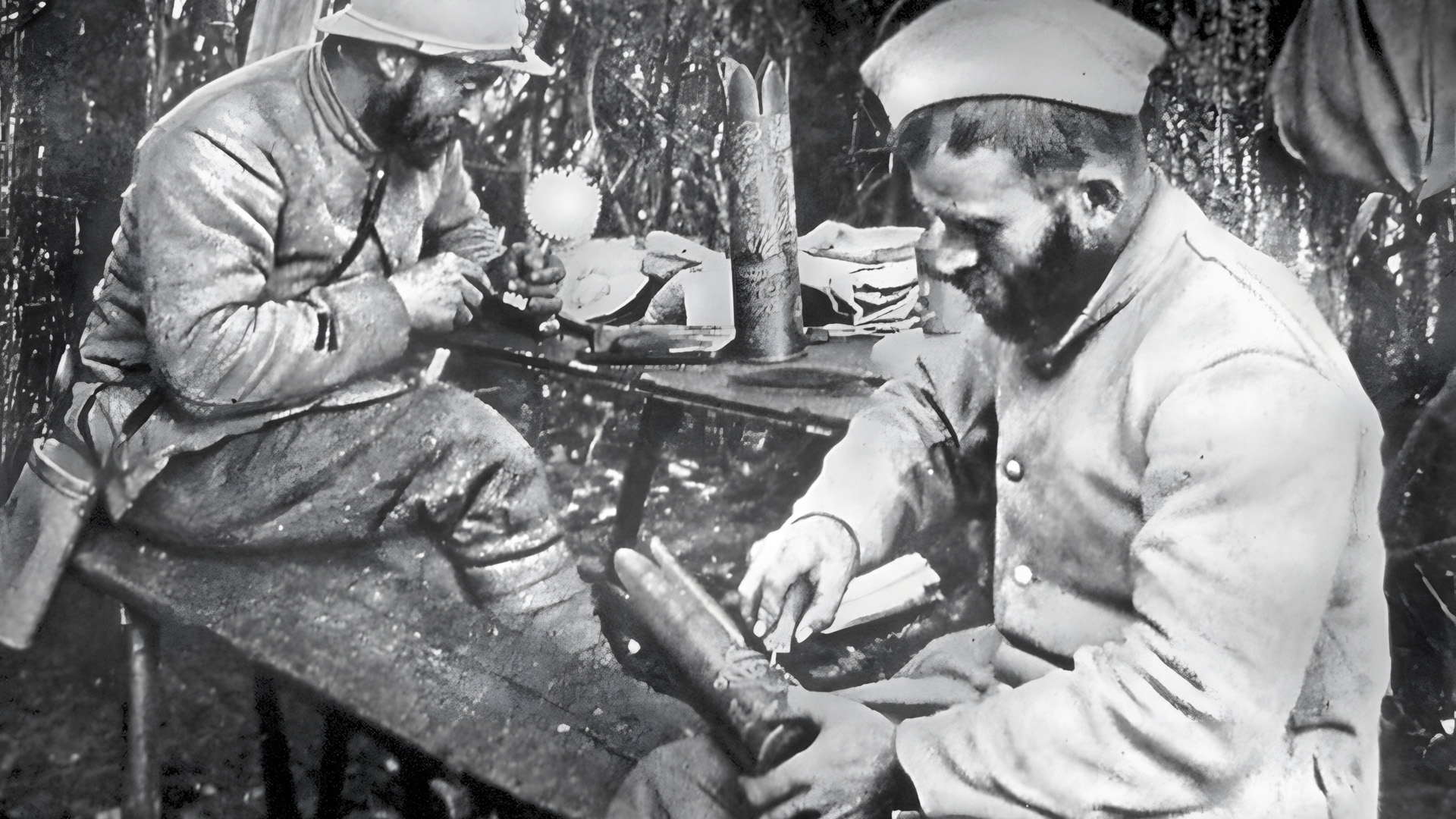
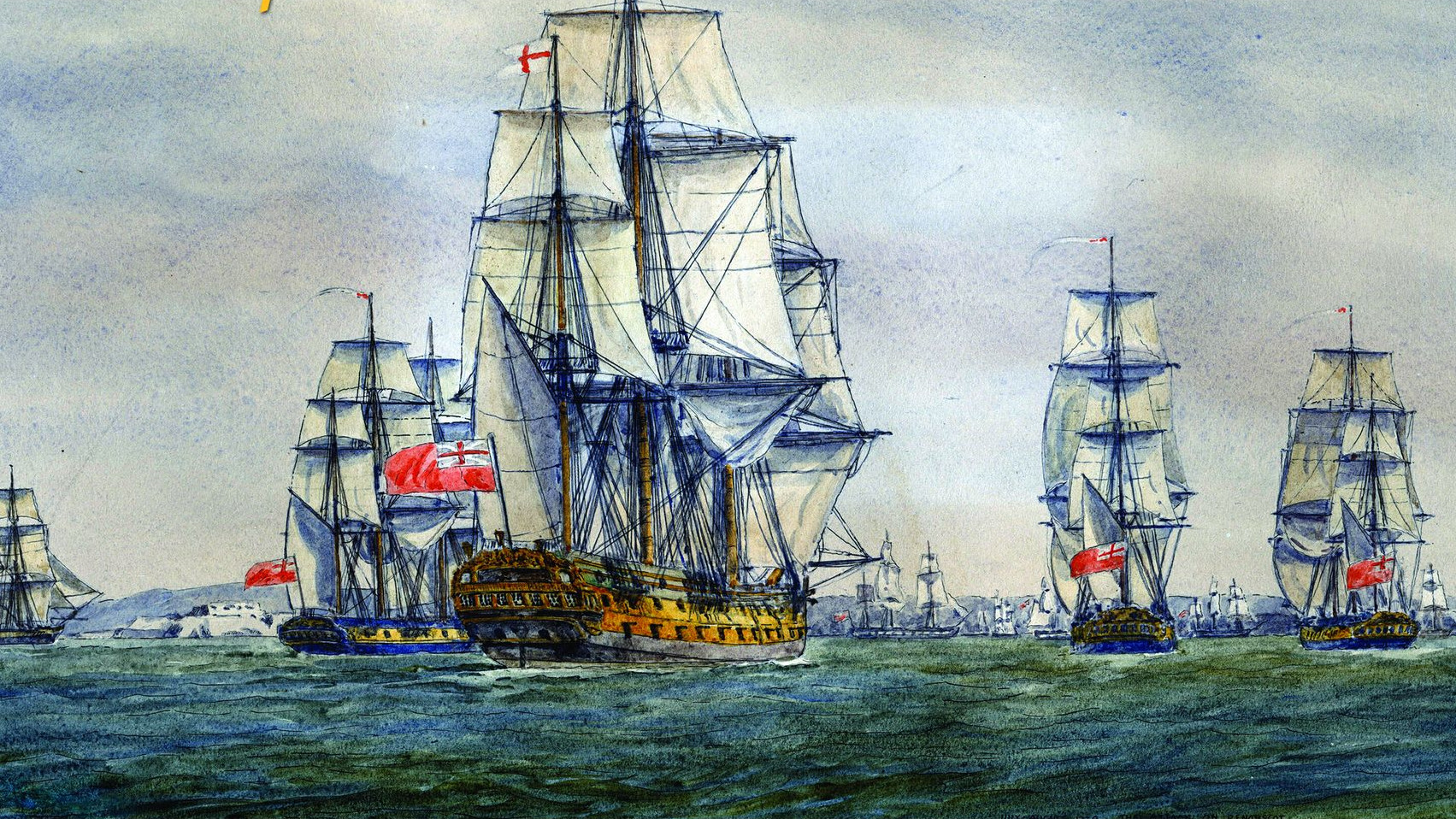
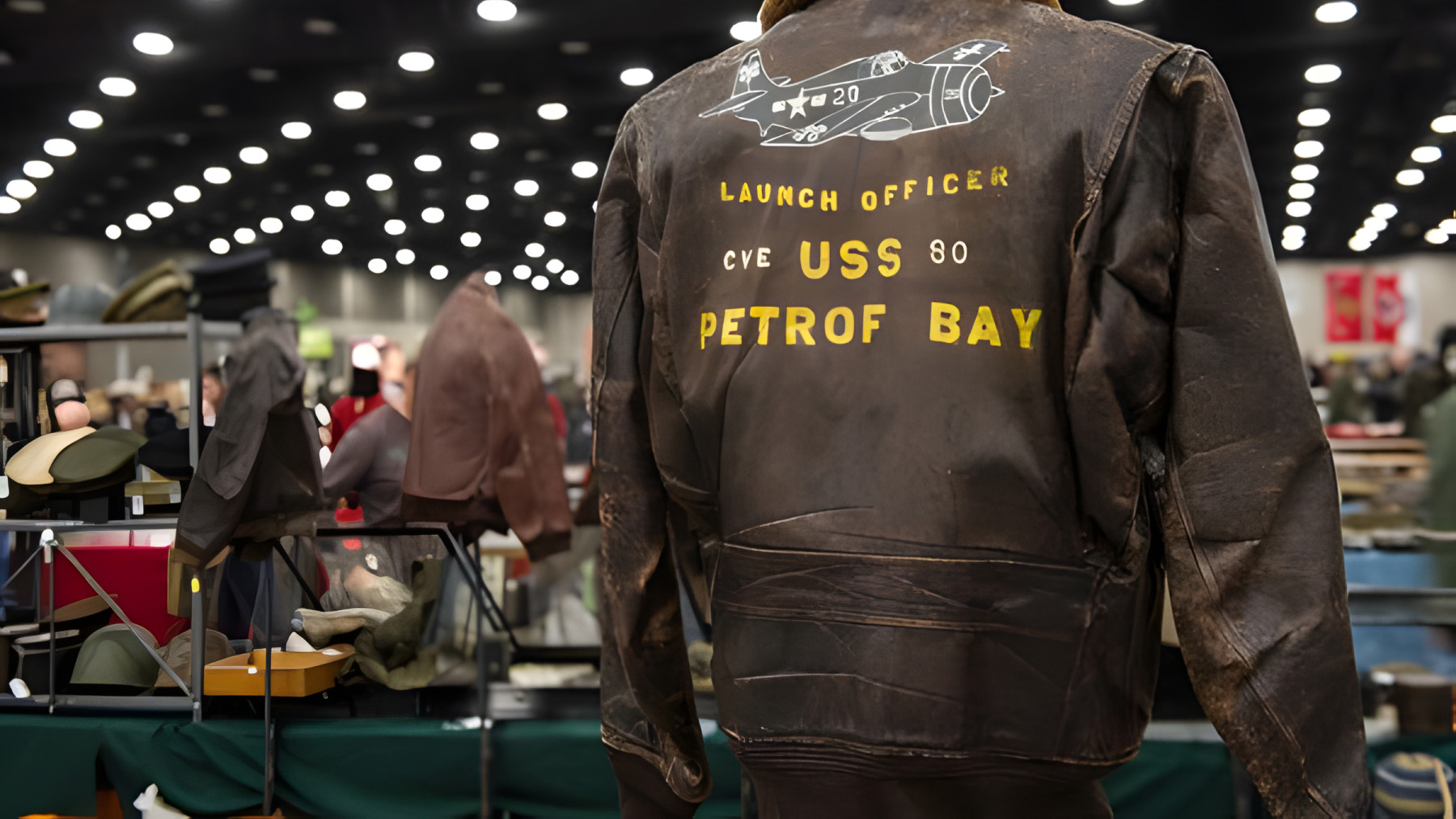
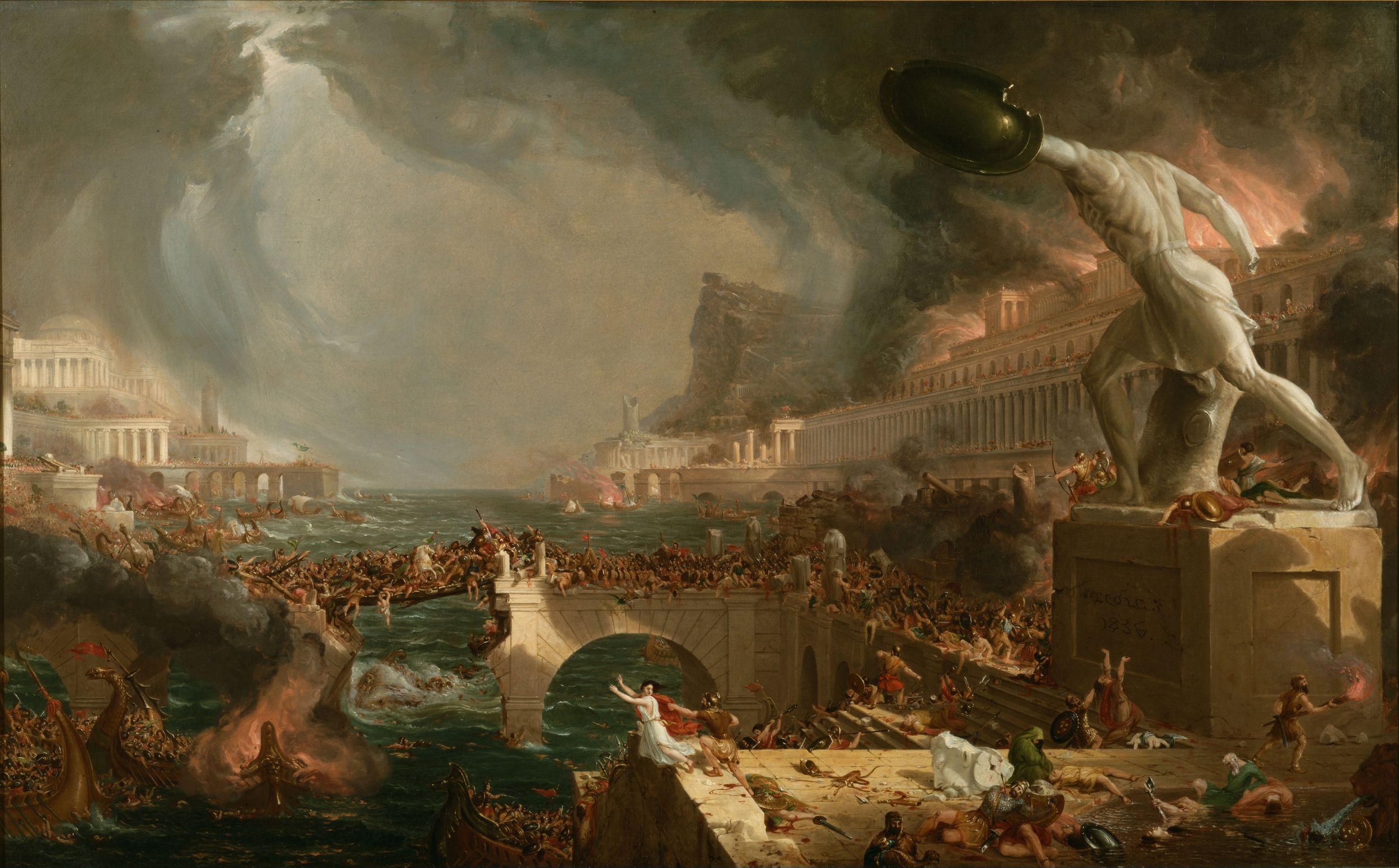
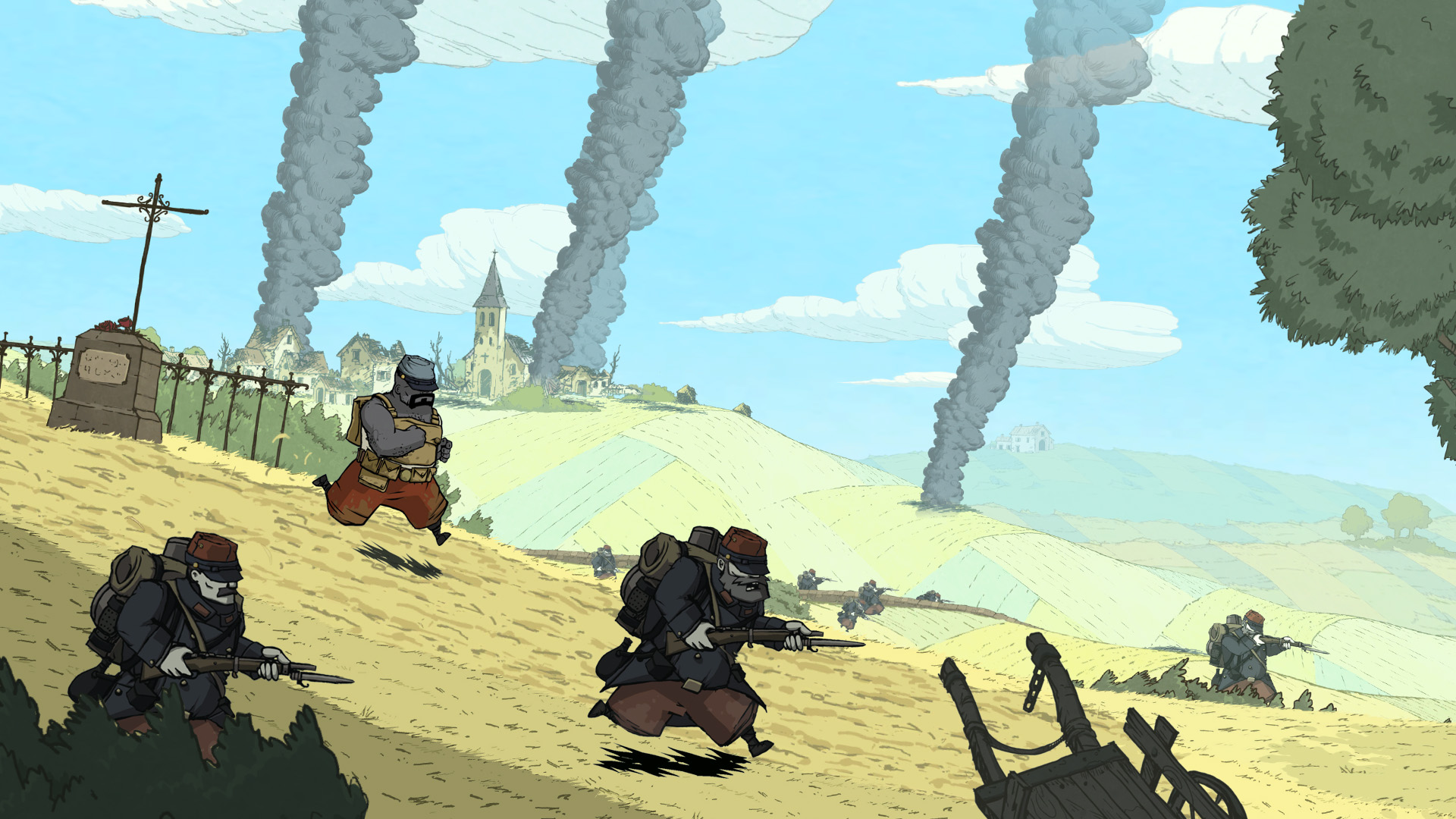
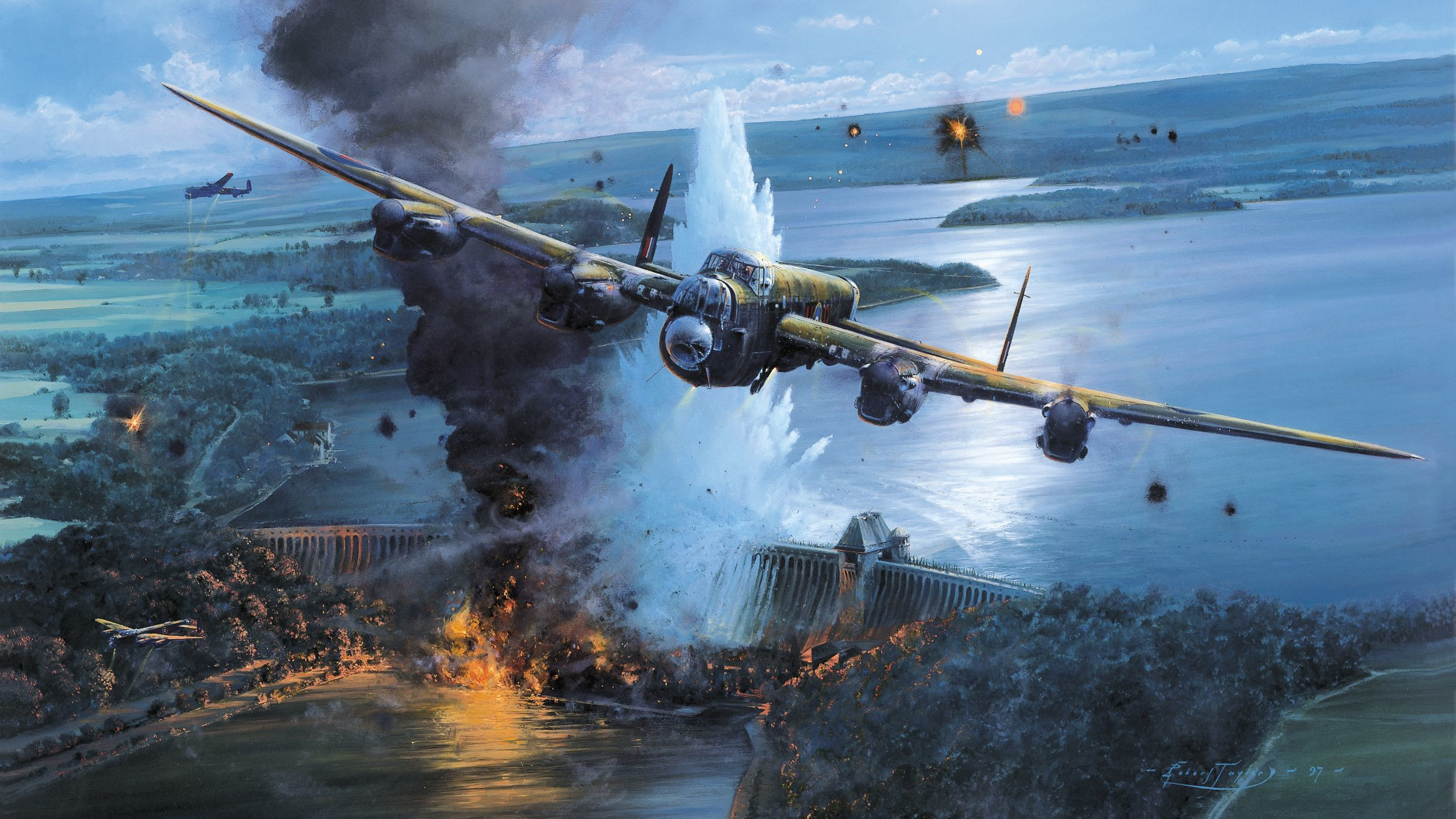
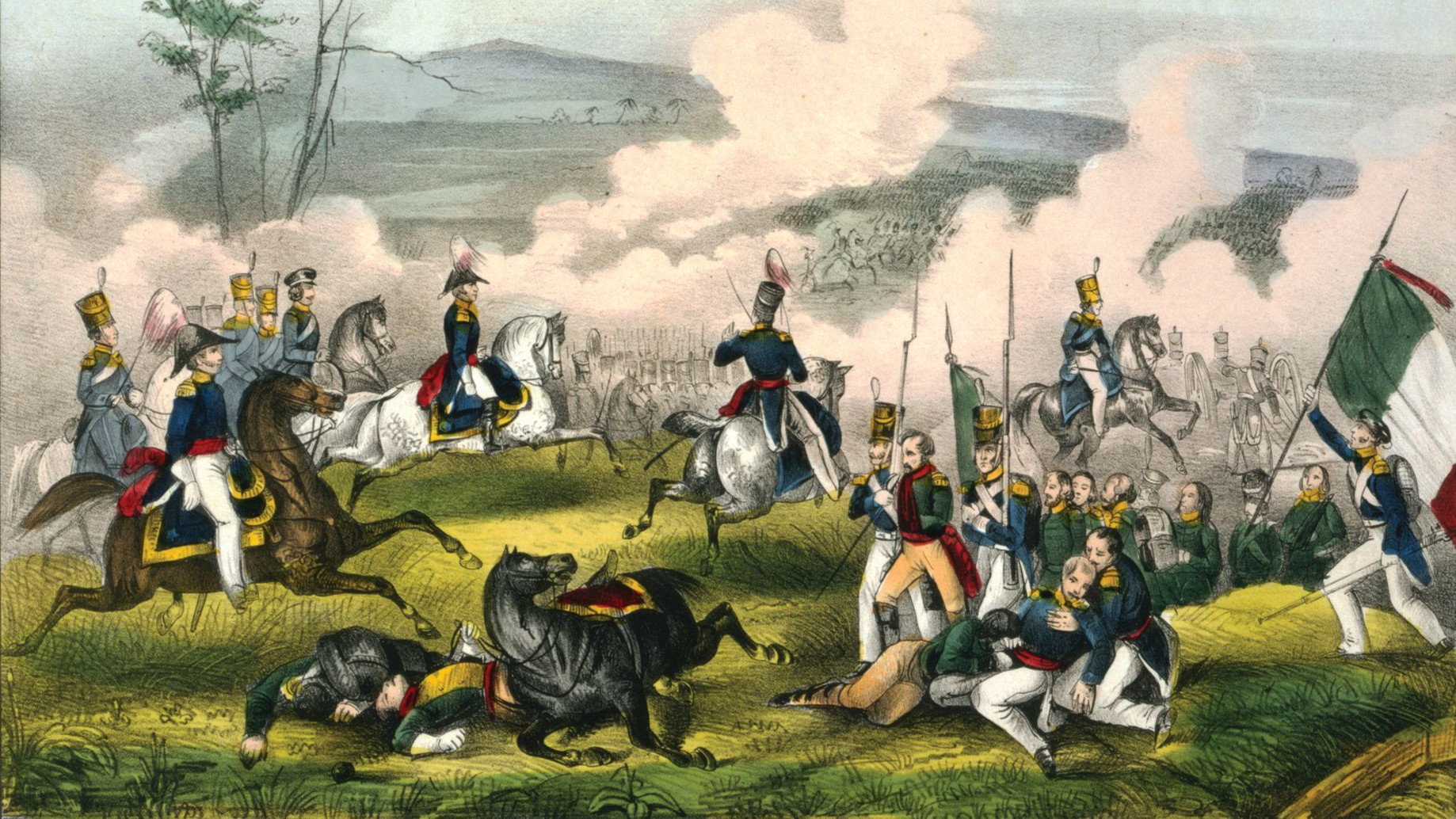
Join The Conversation
Comments
View All Comments